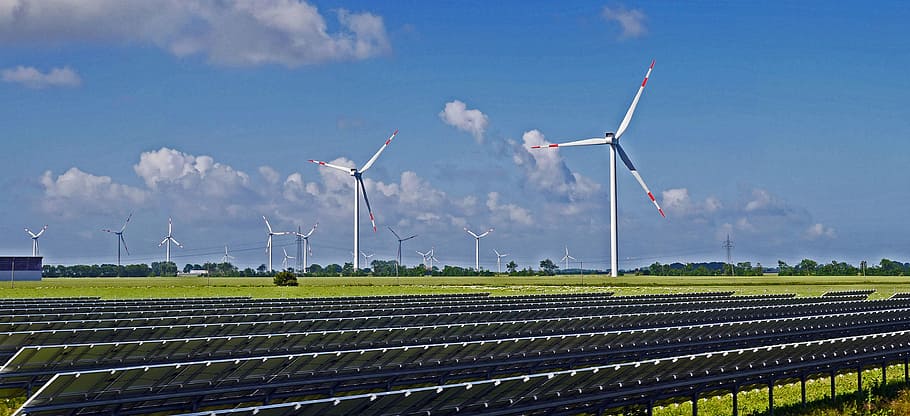FOR IMMEDIATE RELEASE
March 3, 2021
Legislation would decarbonize many sectors of the U.S. economy to achieve net-zero climate pollution
WASHINGTON, D.C. – Critical new climate legislation introduced by the Energy and Commerce Committee includes three important provisions based on legislation by Congresswoman Nanette Diaz Barragán: The Climate Smart Ports Act, The Energy Resilient Communities Act, and a proposed amendment to last year’s Clean Economy Jobs and Innovation Act to provide climate justice grants to environmental justice communities.
Today’s CLEAN Future Act would ensure the United States acts aggressively to tackle the climate crisis this decade.
“The introduction of the CLEAN Future Act is an important step towards building a clean energy economy that addresses the climate crisis and environmental injustice. I am especially supportive of the more ambitious target of 100-percent clean electricity by 2035 and a mid-range target of 80 percent by 2030,” Congresswoman Barragán said. “By embracing significant investments in zero-emissions technology for ports, microgrids, transportation and the power sector, and prioritizing 40 percent of all investments for environmental justice communities, the CLEAN Future Act will make a significant difference in addressing economic and public health disparities in communities of color.
“I look forward to working with my colleagues and advocates, including the environmental justice community, to build on this progress during the hearing and mark-up process. There is no Planet B. We must finds ways to halt new fossil fuel infrastructure, and to aggressively wind down fossil fuel extraction happening in our neighborhoods.”
Summaries of the three provisions based on Congresswoman Barragán’s legislation are below.
The CLEAN Future Act authorizes $2 billion per year in a program to decarbonize ports. Much of this program is based on the Climate Smart Ports Act, which would invest in zero-emissions technology and infrastructure, protect dockworkers, fight climate change, address a source of environmental injustice, and create good-paying green jobs.
Among other clean energy investments, the Climate Smart Ports Act would provide grant to replace diesel-burning cargo handling equipment, port harbor craft, drayage trucks, and other equipment with zero emissions equipment and technology; develop clean energy microgrids onsite at the ports to power their facilities; implement strong labor provisions to protect dockworkers from automation, require a prevailing wage for installation work generated through grants, and encourage the use of union labor and local hiring.
Energy Resilient Communities Act
The CLEAN Future Act authorizes $1.5 billion per year for a Clean Energy Microgrid grant program. This program is based on the Energy Resilient Communities Act introduced by Congresswoman Barragán and Congresswoman Yvette Clarke (N.Y.), which would create the first federal program to build 100-percent clean energy microgrids to power critical infrastructure for communities in the aftermath of an extreme weather event or power shut-off.
The Energy Resilient Communities Act prioritizes energy equity and environmental justice by putting grant applications from low-income communities and communities of color at the front of the line for clean energy microgrid grants that will help combat power outages and rolling blackouts, reduce pollution, create green jobs, and fight the climate crisis.
Climate Justice Grants Program
The environmental justice section of the CLEAN Future Act includes a program for $1 billion per year in climate justice grants for environmental justice communities. Grant recipients can undertake up to $2 million worth of community clean energy projects, weatherization, home and building electrification, energy storage, electric vehicles, electric vehicle charging infrastructure, natural infrastructure, and climate resilient infrastructure. This was an amendment Congresswoman Barragán proposed to Clean Economy Jobs and Innovation Act of 2020.
Full Bill text of the CLEAN Future Act can be found here, with a section-by-section description here.
###
Nanette Diaz Barragán is proud to represent California’s 44th Congressional District, which includes the communities of Carson, Compton, Florence-Firestone, Lynwood, North Long Beach, Rancho Dominguez, San Pedro, South Gate, Walnut Park, Watts, Willowbrook and Wilmington

